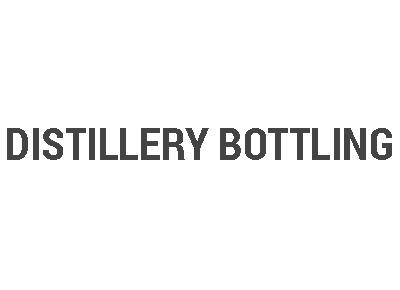Total Lots Sold:
1
View Lots
Do you have this bottle for sale?
SELL IT TODAYHAMMER PRICE OVER TIME
This graph displays data solely from Whisky-Online Auctions past sales history. Please note the filling level of the liquid and the condition of an item can affect the price negatively, so please check individual Lot sales below if there's a sudden dip in the graph.
HAVE ONE FOR SALE?
Submit your details along with an image and a description of your bottle. We'll then be in touch with the best way to proceed.
WHY SELL WITH WHISKY-ONLINE AUCTIONS?
0% Sellers Commission
Free Collections Available
Over 30 Years In The Whisky Industry
Over 1,700 Five Star Trustpilot Reviews
We Sell The Rarest Whiskies Ever Bottled
Global Buying Audience Including Far East Buyers
Bespoke Auction Platform
Thousands Of Active Bidders
Large Database Of Newsletter Subscribers
Over 36k Social Media Followers
Amrut - 2014 Release
Amrut Indian Single Malt Whisky. Bottled 2014. 70cl. 46%.

Founded in Bangalore in 1948, Amrut Distilleries became a big player in the Indian domestic spirits market well before moving into the whisky business. Amrut began making whisky using malted and unmalted barley in the 1980s, but maturing whisky for long periods is impossible in India’s climate, with the distillery reporting angel’s share losses of over 10% each year despite its location in the Himalayan foothills.
Amrut launched their 3-year-old single malt whisky in the EU in 2004, but the company’s real breakthrough came a few years later with Amrut Fusion, a single malt made using peated Scottish barley that won a string of awards including the Malt Maniacs’ Best Natural Cask in 2009 and Malt Advocate’s World Whisky of the Year in 2011. Amrut has gone from strength to strength ever since and is now well established in the vanguard of innovative world single malt whisky.

Distillery bottlings are, as the name suggests, bottled by or for the distillery from which the whisky has originated and are thus often referred to as Official Bottlings or OBs. Distillery bottlings are generally more desirable for collectors and usually fetch higher prices at auction than independent bottlings. They are officially-endorsed versions of the whisky from a particular distillery and are therefore considered the truest expression of the distillery’s character.
This ideal of the distillery character is regarded so seriously by the distilleries and brand owners that casks of whisky that are considered to vary too far from the archetype are frequently sold on to whisky brokers and independent bottlers. When this happens, it is often with the proviso that the distillery’s name is not allowed to be used when the cask is bottled for fear of diminishing or damaging the distillery’s character and status.

